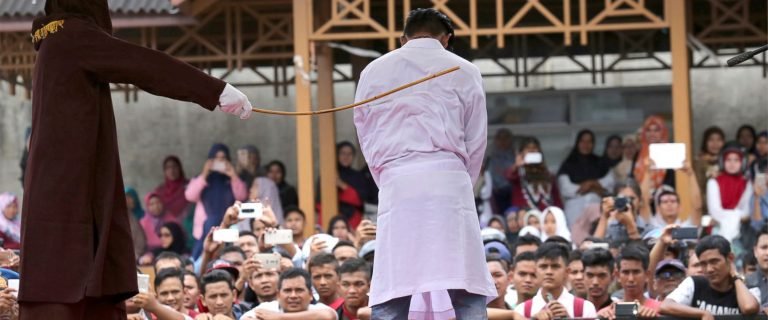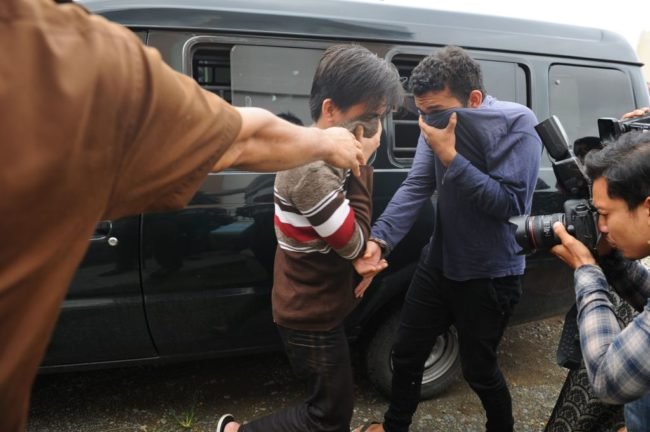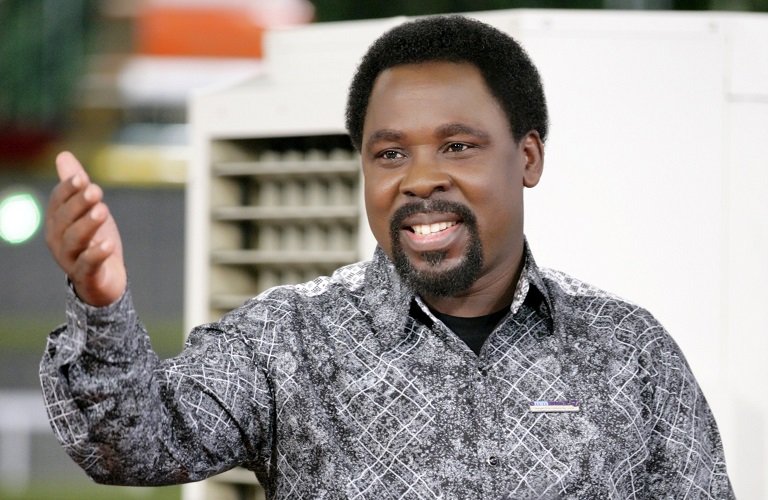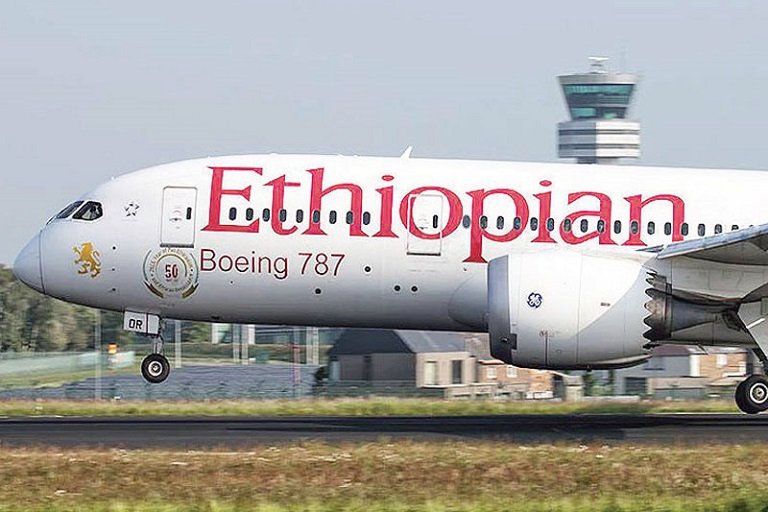International
85 lashes for gay men who had consensual sex


Two Indonesian men arrested for having gay sex have been sentenced to 85 lashings with a cane. The defendants, aged 20 and 23, are the first to be sentenced to punishment for gay sex in Aceh.
The law put into place in the region two years ago allows for up to 100 lashes for ‘morality offences’.
Prosecutors asked for 80 lashes, but the judge decided to increase on this already horrific recommendation.
Gay sex is legal in the rest of Indonesia.
The men, who were identified in the court in Banda Aceh City by their initials – MT and MH – are from North Sumatra and Aceh respectively.
They arrived at the court handcuffed to each other, once again covering their faces with their clothes to hide their identities.
During the sentencing, the men bowed their heads and covered their faces with their hands.
Asked by presiding judge Khairil Jamal if they accepted the verdict, one of the men reportedly said softly: “Please reduce my sentence”.
The second nodded gently and did not say anything.
It had no effect.
The judge said while handing down the verdict that since the men had been “proven legally and convincingly guilty of committing gay sex, the defendants are sentenced to 85 strokes of the cane in public”.
“This is barbaric – this is another low point for Aceh, and also for Indonesia,” Andreas Harsono, Indonesia researcher for Human Rights Watch, told the South China Morning Post.

The men were informed on by their neighbour, who took video footage.
The video shows vigilantes kicking, slapping and insulting the men, according to Agence France-Presse.
One of the defendants is seen being repeatedly pushed by another man who prevents the couple from leaving the room, while the other defendant is naked and visibly distressed as he calls for help on his mobile.
The father of one of the defendants, who requested anonymity, previously told Digital Journal that he was unaware that his son was not straight before he was arrested.
“This is an ordeal for our family,” he said.
“After this problem is resolved, we will send him to an Islamic boarding school to be educated so he won’t be deviant anymore.”
Indonesia, attitudes towards LGBT people have become steadily more extreme in recent years despite a growing gay population.
Marzuki, head of the Aceh Provincial Sharia Law Department, said residents in the local area had been suspicious of the men because they of their apparent intimacy, and deliberately set out to catch them having sex.
Indonesia is officially a secular country, but Aceh, where the two men live, practises Shariah law.
It is the only province in the Muslim-majority country to do so, having won this concession from the government as part of a 2005 autonomy deal.
The agreement was created to end a bloody decades-long conflict between Muslim separatists and the military in which thousands died.
While homosexuality has never been illegal in Indonesia, attitudes towards LGBT people have become steadily more extreme in recent years despite a growing gay population.
The Indonesian Psychiatrists Association classifies homosexuality, bisexuality and being transgender as illnesses.
Earlier this month, eight men were arrested for holding a “gay party” in Surabaya, the second biggest city in Indonesia.
The two alleged organisers of the event could face up to 15 years in prison.
And in January, petitioners argued in the country’s Constitutional Court that sex outside of marriage – such as LGBT sex – could turn Indonesia into an “uncivilised nation” and should be criminalised.
A gay couple from the country’s North Sulawesi province were arrested last year after they posted photos on Facebook showing them kissing in bed.
Also last year, it was announced that the country’s government would clamp down on gay culture – instituting a ban on online “gay propaganda” after a request from the police.
Communications ministry spokesman Noor Iza confirmed that apps including Grindr, Blued and BoyAhoy would be blocked in the country, claiming they were “promoting gay lifestyles”.
Last month, a study found that anti-LGBT discrimination could be costing Indonesia as much as $12 billion every year.










